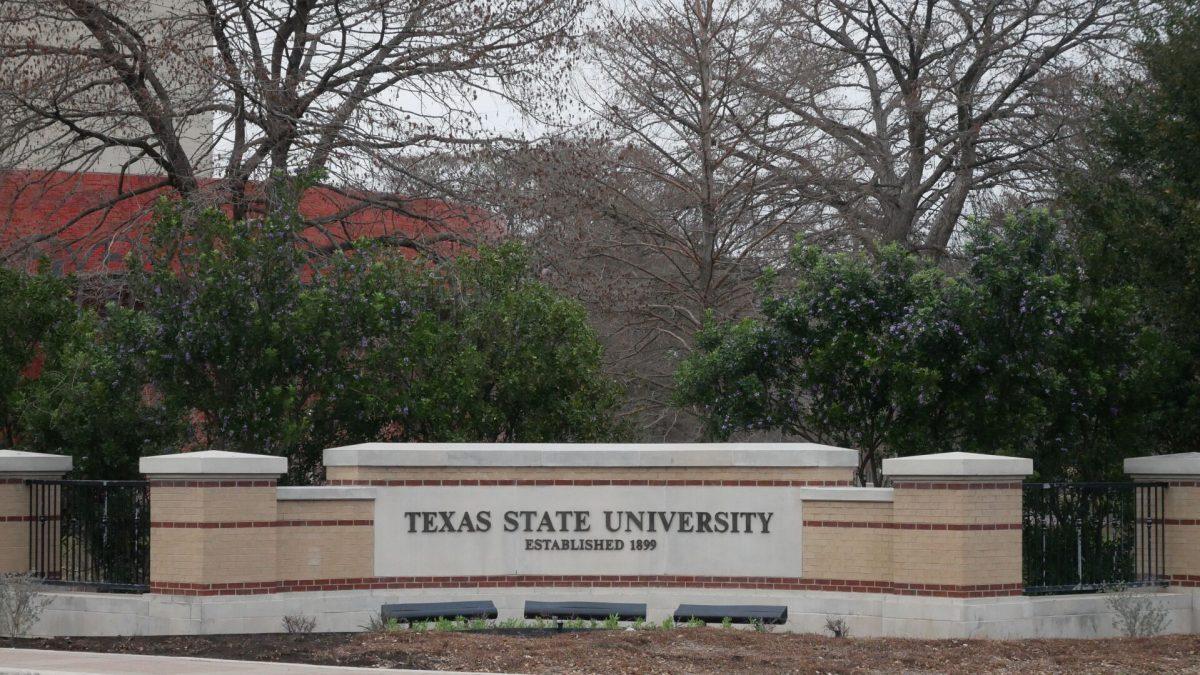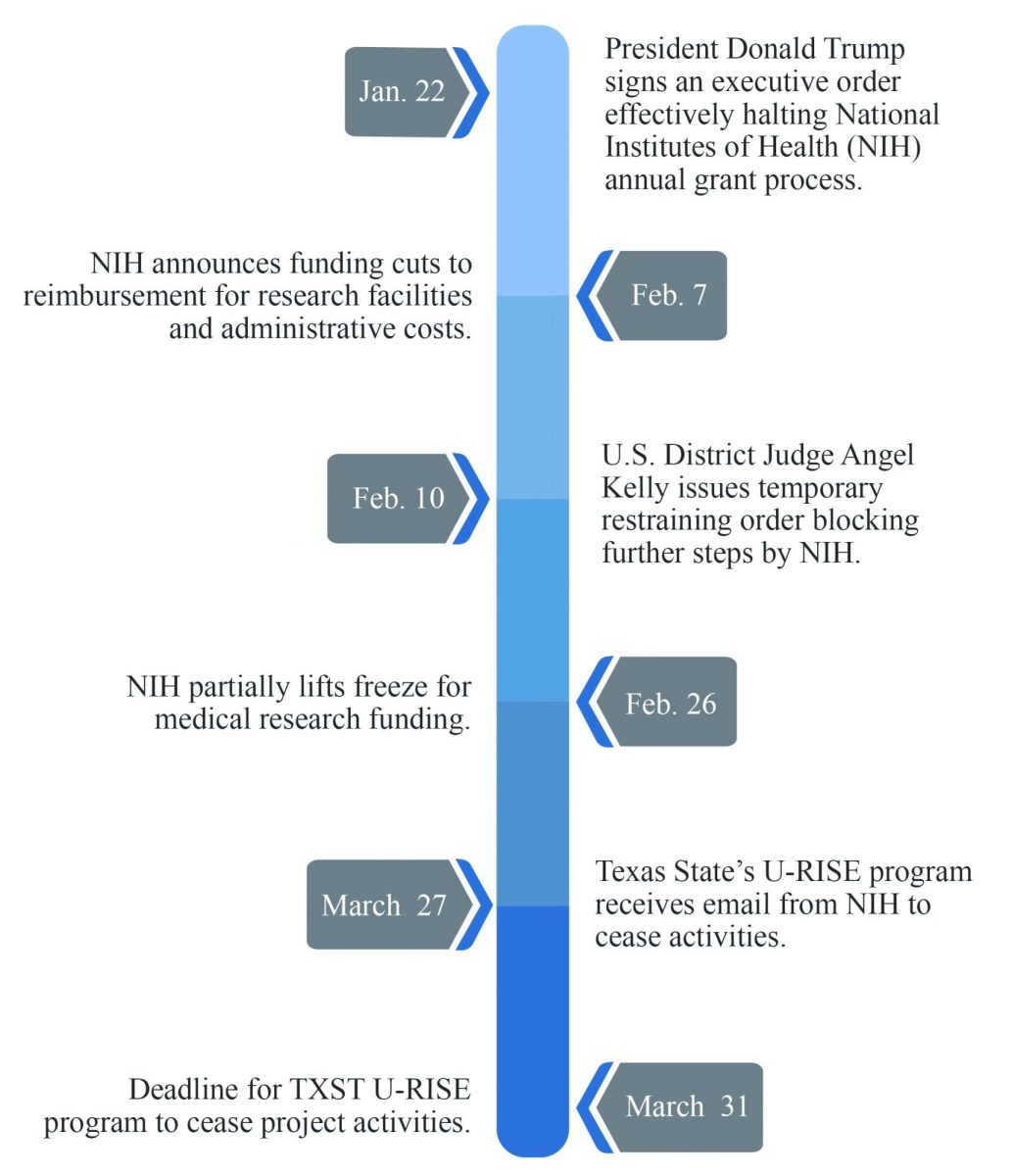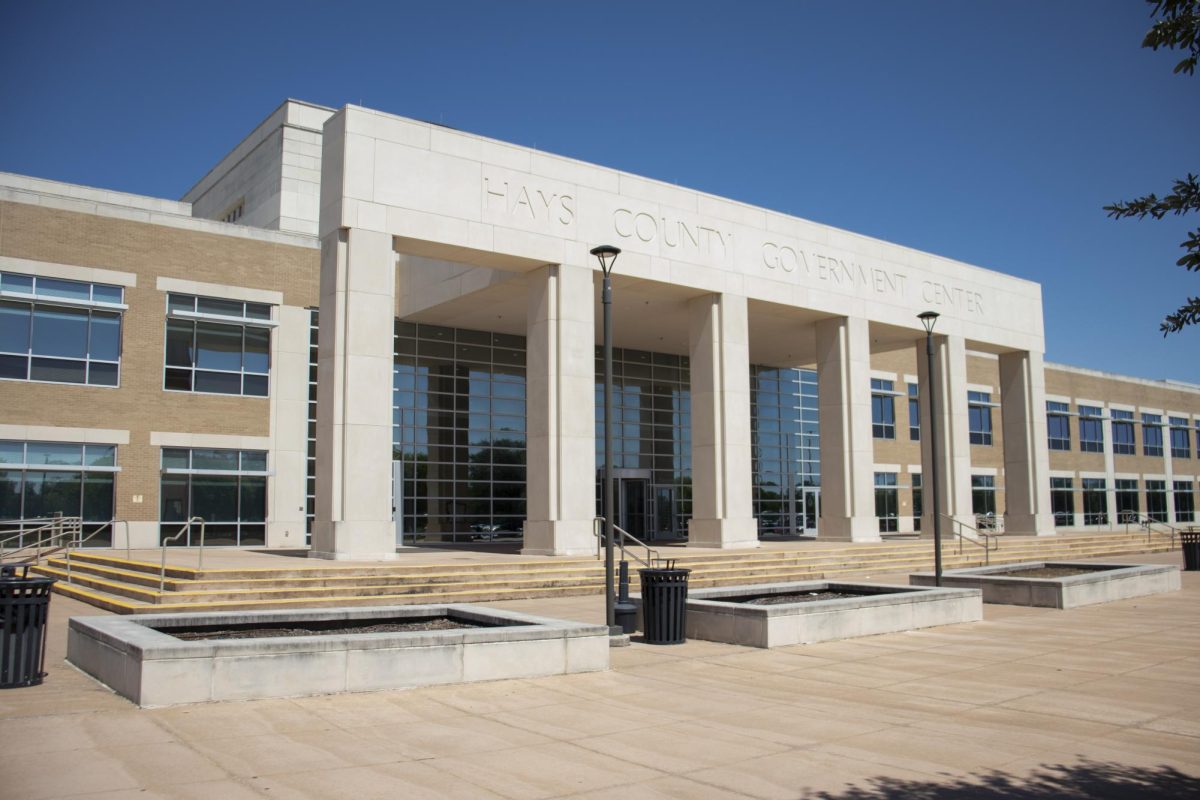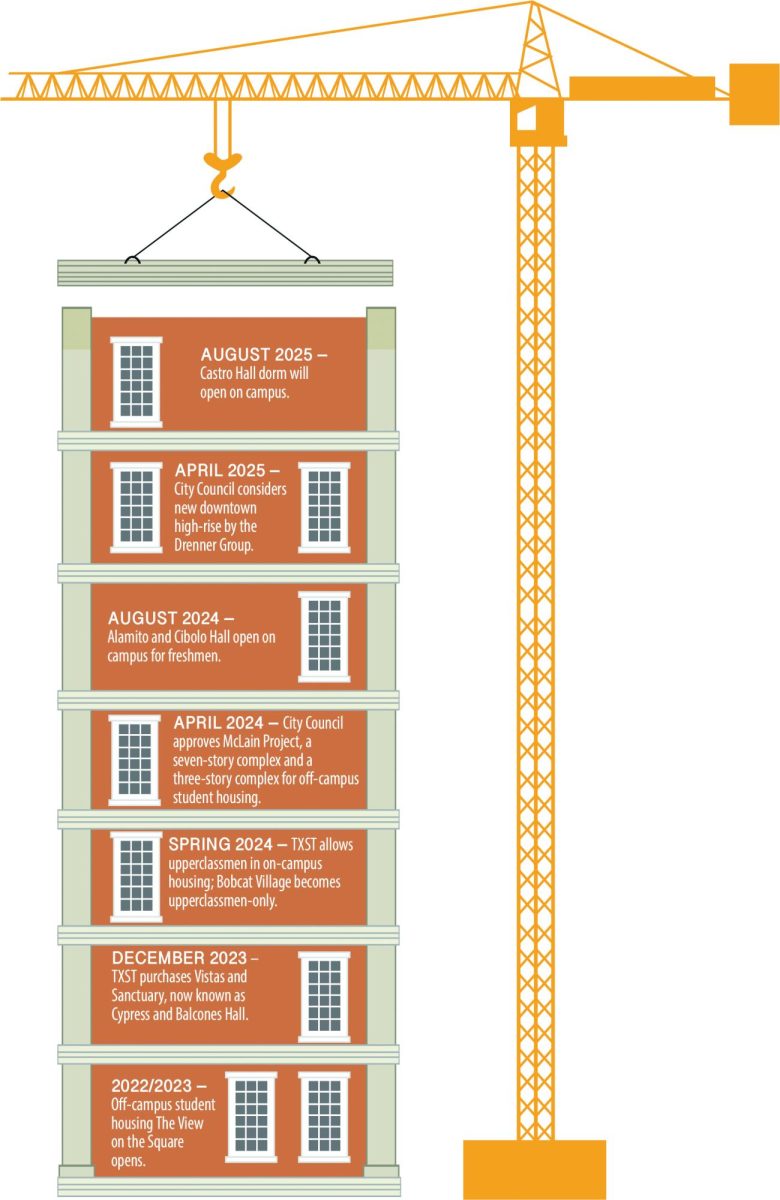This year’s Thanksgiving dinner may look slightly different for turkey lovers as farmers have had to contend with weather, inflation and outbreaks of bird flu. Businesses are enduring the effects as prices continue to rise and shortages are a continuous issue.
Bird flu, or avian influenza, has eliminated more than five million turkeys nationwide, averaging about 3% of the nation’s total turkey production, according to the U.S. Department of Agriculture. The rapid loss of turkeys has caused farmers to be short of their usual stock, forcing consumers to pay more per pound as inflation persists.
Pratheesh Omana Sudhakaran, assistant professor in agricultural business and economics, shared the impact of inflation and its effects on consumers and farmers.
“Due to the general growth of the economy, farmers are paying a higher price for feed which is the main cost for turkey and agriculture production,” Sudhakaran said. “This causes an increase in production cost which then yields an overall increase in the price of turkey. As of now, there has been a 28% increase which stems from different factors working together to cause a multiplier effect.”
A general shortage in turkey meat has played a significant role for businesses that rely heavily on turkey. The Centers for Disease Control and Prevention (CDC) states bird flu plays an insignificant health threat to humans. There has been one recorded case of the virus affecting an individual who happened to work closely with the infected birds at the time of contraction.
Bird flu is carried by the wild bird population and spread after a bird is infected by the virus. The CDC reported that infected birds can shed the virus in their saliva, nasal secretions, feces and surfaces that have been in contact with the contaminated bird. The virus is easily spread and can wipe out an entire poultry population if a farm becomes infected, playing a role in overall poultry shortages.
Sudhakaran said that shortages of larger turkeys and specific parts of the bird will occur. He does not think the shortages will be troublesome for consumers, however.
“You do not have to worry about Thanksgiving and your ability to get a turkey this year,” Sudhakaran said. “If you’re looking for a 20-pound turkey, you might run into some trouble finding that large of a bird, but there is no reason to worry.”
Weather also plays an important role in the production of corn and turkey feed, which impacts the size of the bird as well as their behavior.
Eryn Pierdolla, an animal science lecturer, said the importance of biosecurity is to protect the birds from extreme weather and highly contagious viruses. Most turkeys are grown in environmentally regulated houses to eliminate any negative weather issues that may hinder the growth, development and health of the birds.
There are set standards farmers are required to follow to ensure safety for the poultry, people and the environment, according to the One Health Certified turkey standards.
Combating inflation can be challenging for an economy, Sudhakaran expressed that bird flu is not the sole cause of the challenges many are enduring. Once the outbreak subsides, consumers still must deal with inflation and its effects.
Inflation has been a consistent issue for Aaron Hernandez, pitmaster and co-owner at Hays County Barbeque. The business is currently running on a limited supply and is unable to receive the meat they are supposed to.
“Up until the last three weeks we haven’t been able to get turkey breast anymore so we are just doing whole turkeys for now and sticking to using the breasts,” Hernandez said. “We started with 130 turkeys and we are quickly working through our supply, especially as Thanksgiving nears and we offer specials.”
Hays County Barbeque receives its shipments from Cisco and Ben E. Keith with two shipments per week. Hernandez said that the need for two distributors is to ensure that if one supplier does not have his goods in stock, he could turn to the other.
Hernandez said that the loss in sales and the disappointment from customers have been the most difficult parts of the issue.
“It’s heartbreaking to see the customer’s reaction and the disappointment roll off of their faces,” Hernandez said. “We continue to lose a great amount in sales as customers come in for turkey breasts and we are unable to provide for them. Catering’s reached out to us asking for turkey this Thanksgiving and we are unfortunately unable to meet those requests at this time.”
Customers notably go to Hays County Barbeque for the turkey. Hernandez said the restaurant has been cooking more beef, pork and chicken to offset the lack of other poultry items.
Similar to Hays County Barbeque, Ike’s Love and Sandwiches has experienced effects from inflation and avian influenza as the business is struggling to receive shipments from Cisco, their only distributor. Robert Lopez, a shift lead for the store, expressed his concerns for the business as the turkey they are receiving does not meet the standards Ikes is used to.
“The last shipment we got was in no way good the meat was yellow and had grey spots all over it,” Lopez said. “I guess this is a nationwide issue that Cisco is sending out bad turkeys due to the current issue with the bird flu but we aren’t using any of that meat.”
Lopez shared how the business is using the turkey supply that they stocked when their shipments were adequate. When the supply runs slim, however, Ike’s will be without turkey for the time being.
“Until we run out of our good turkey we will be turkey-less and we just rely on our supplier to find quality meat,” Lopez said. “It really is nearing the end.”
Listeria is a hardy germ found in deli meats and cheeses located mainly on deli countertops, deli slicers, surfaces and hands, and can be deadly if the virus is contracted, according to the CDC.
Lopez recognizes bird flu is a more recent concern for businesses that rely on turkey, but believes this issue will not persist for much longer.
“I have been in the food industry for many years now and issues like this tend to sort themselves out,” Lopez said. “As a sandwich place we will truly be in trouble if we run out completely and I’m not sure what we will do.”
Categories:
Bird flu and inflation causing turkey shortage, holiday frenzy
Ireland Sargent, News Contributor
November 18, 2022
0
Donate to The University Star
Your donation will support the student journalists of Texas State University. Your contribution will allow us to purchase equipment and cover our annual website hosting costs.
More to Discover









